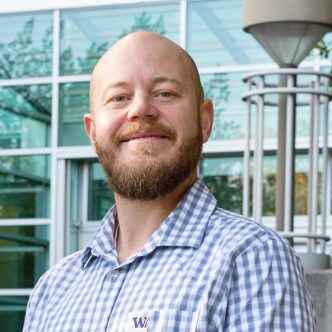Josh J. Carlson, PhD

Exploring Alternatives to the Conventional QALY
Abstract
The quality-adjusted life-year (QALYs) is a convenient measure that combines quantity and quality of life into one metric, allowing analysts to compare changes in health status across conditions. The commonly used form, A.K.A. the “conventional QALY,” was developed to inform resource allocation decisions across various healthcare interventions. However, use of the QALY in decision making has been a contentious issue since its inception due to the required assumptions, the source of sample used to value health states, and issues related to equity and distributional considerations. For value frameworks to inform decision making that incorporates all perspectives, alternative approaches to estimating the QALY may need to be developed and/or implemented. This research project will bring together theoretical work on improving the QALY with established health economic models for multiple myeloma, multiple sclerosis, atopic dermatitis, plaque psoriasis, osteoporosis, inherited retinal disease, non-small cell lung cancer, asthma, and rheumatoid arthritis. The objective is to inform current policy discussions about value assessment in the United States by identifying proposed methods of utility adjustment, characterizing them in terms of feasibility, and evaluating their use in a set of policy relevant decision models and a newly developed generic simulation model. Overall, the work will advance previous work on this topic with a systematic and comprehensive approach leveraging unique access to a set of recent policy relevant cost-effectiveness models. Should one or more alternative methods be found to be robust, feasible and likely to impact model findings they could become part of a more comprehensive tool kit for cost-effectiveness analysis in the U.S. and allow for stakeholder-specific evaluations.
The value assessment award from the PhRMA Foundation has allowed me to expand my research scope into a new and interesting area and has provided an opportunity to support and train graduate students as they pursue their degrees.